Five questions for Mary Tyndall
Program manager and chief storyteller St. Joseph Community Health Foundation

Originally Published Monday, March 21, 2022 1:00am on JournalGazette.net
EDITORIAL BOARD | The Journal Gazette
1 Despite historically low unemployment numbers, inflation has spiked to a 40-year high. Is this leading to high food insecurity?
Our partners who offer direct services tell us that the dramatic jump in inflation is creating higher demand at food banks and pantries. Families who have trouble making ends meet are getting squeezed now more than ever. Like all of us, they are seeing drastic increases at the gas pump and grocery store, but they don’t have any wiggle room in their budgets. These families often cut back on their food budget to pay other bills like rent and utilities, and then rely on food pantries to feed their families. In May, Indiana will end all emergency SNAP (food stamp) benefits that were put in place during the pandemic, and this is expected to exacerbate the problem and cause food insecurity rates to rise.
2 What is the Double Up program and how does it help reduce that insecurity?
Double Up is a program of the St. Joseph Community Health Foundation, in partnership with the U.S. Department of Agriculture, Parkview Health and United Way of Allen County. The program provides a dollar-for-dollar match on the purchase of all fresh fruits and vegetables made with SNAP (food stamps). At some locations, participants may get an immediate 50% discount on fresh produce, and at other locations they get a voucher or coupon for free fruits and vegetables. This helps low-income residents stretch their food budgets and also access affordable and nutritious produce for their families. We are working with the Indiana Department of Health to establish a Double Up network statewide.
3 You have a fascinating title – chief storyteller. How is that different from your role with the city as a public information officer?
As a public information officer for the City of Fort Wayne’s Community Development Division, I was responsible for ensuring the taxpaying public had access to information about their local government and its services. As chief storyteller, my work is more about shining a light on some of the good work in our community. Today’s headlines and social media are often filled with negative, and sometimes frightening, information, but there is so much more to our world. Every day, the St. Joe Foundation and our many partners are working to make life better for our most vulnerable residents; this work happens because so many people in our community truly care about others. By telling stories of compassion and hope, the foundation is working to inspire others to show the same kind of caring and commitment for those who may be struggling.
4 Has your work with city planners informed how you help set the foundation’s agenda?
I am so grateful for my time working in city government. My years working with planners, economic development professionals, and housing and neighborhood advocates provided a deep understanding of our community and how government, business and nonprofits must collaborate in order to build a strong city and healthy residents. This knowledge has helped create some wonderful partnerships, such as the foundation’s work with the city’s Johnnie Mae Farm.
5 The St. Joseph Community Health Foundation is sponsored by the Poor Handmaids of Jesus Christ, which has its roots in Germany. What’s the history of the foundation?
The Poor Handmaids of Jesus Christ is a religious order of Catholic sisters founded in Dernbach, Germany, in 1851. The first Poor Handmaids came to Fort Wayne in 1868 and soon established Fort Wayne’s first hospital, St. Joseph Hospital, as well as an orphanage and school. In 1998, the Poor Handmaids sold St. Joseph Medical Center and invested part of the proceeds in the St. Joe Foundation. Since that time, the St. Joe Foundation has provided approximately $24 million in funding for local organizations doing work in four areas: food insecurity and nutrition, immigrants and refugees, access to quality, and affordable health care and prenatal and infant care. I am inspired by the humility and compassion The Poor Handmaids demonstrate in all their work.
Recent Stories
- Supporting sustainability in local food networks to improve access to nutritious food
- Helping non-English speakers find their voice
- Listening to the needs of our community
- Catholic Sisters visit Fort Wayne and revisit a history of service
- $170,600 grant supports resilience and accessibility in the local food system
